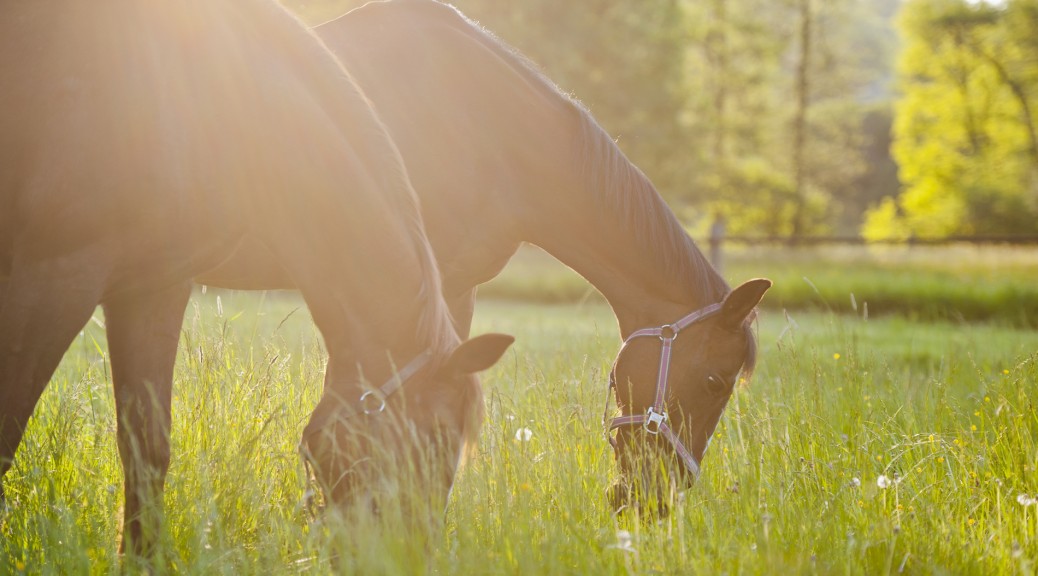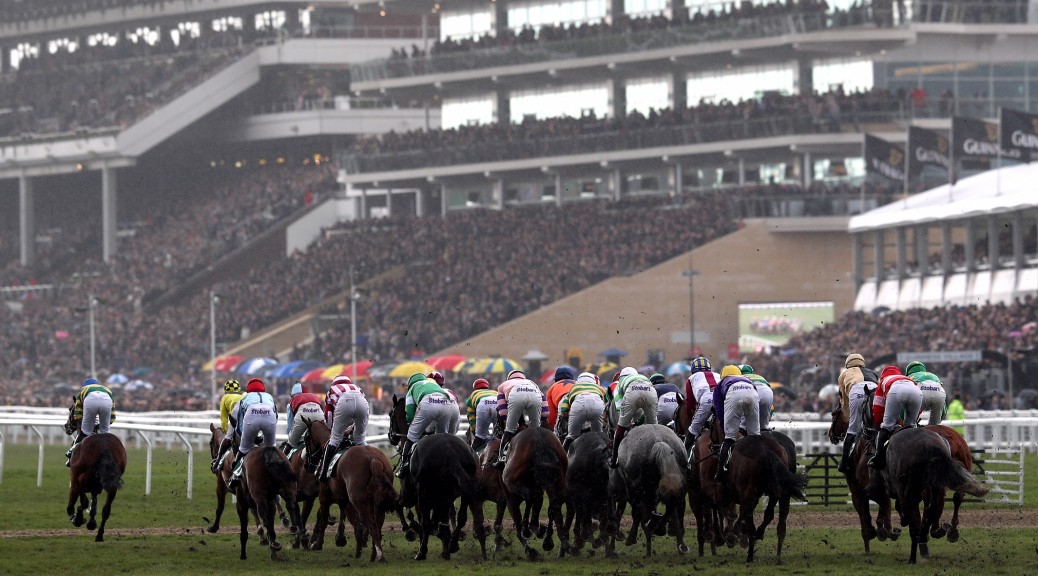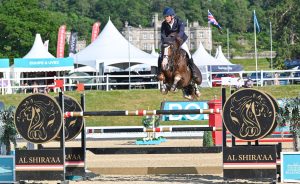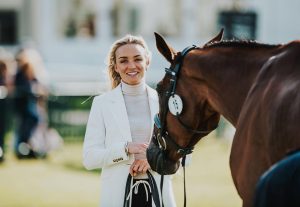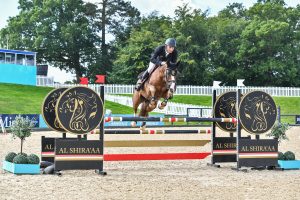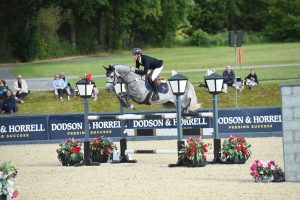Who is Responsible?
In the second part of our round-up of the World Horse Welfare Conference, we discuss the importance of communicating the right message, equine flu and the power of social media to educate.
We all know that social media can be a vice and a virtue in the equine world. Fake news, incorrect information from “armchair experts” and cyber bullying is a modern day problem. YouTube sensation Esme Higgs talked about how she is trying to put this powerful tool to good use. The 18 year old amateur rider is working with the FEI and other equine organisations, together with charities, to produce videos on horse care and correct horse practice. The objective is to help other young equestrians learn more about horses, riding and welfare. Esme is working closely with World Horse Welfare to deliver positive messages to a global audience.
Equine Influenza was a key subject of the Conference and it was a shock to learn that only 30 % of British horses are vaccinated. Speaking on the subject was Dr Madeleine Campbell, a vet and European Diplomate in Animal Welfare Science, Ethic and Law.
Equine flu can be devastating. It affects the respiratory system, leading to fever, coughing and mucous. It can be debilitating and effect the lungs long term. Ultimately, it can kill. There was an outbreak in Africa, which resulted in the loss of over 100,000 horses and donkeys. Australia fared even worse with the Hendra virus which killed not only horses but vets and horse owners who came into contact with infected animals. They also suffered an outbreak of equine flu in 2007, the industry was shut down for six months and the country was not declared free of the disease until 10 months later.
In the UK, we experienced the fear factor and potential for huge disruption earlier this year, when several racehorses tested positive to equine influenza. All racing and equestrian sport came to a standstill until it was assured to be under control. It made headline news and cost the racing industry between £150m and £200m. It could have been so much worse and trainers and riders alike were praised for their professionalism and discipline in halting the movement of horses. The question remains at large, who is responsible for ensuring that horses are vaccinated? Is it the vets, the owners, the sports governing bodies?
Some responsibility lies with the pharmaceutical companies who produce the vaccine, Dr Campbell states. “Flu changes all the time and can become immune to the vaccines. Many of the drugs still available on the market, are old and it is up to the producers to keep it up to date.”
What is confusing and raises opinion, is that all the sport bodies seem to regulate a different frequency. For example, FEI rules state that horses competing must be vaccinated every six months, whilst outside of this in sports such as racing and Pony Club, it is once a year. How can we possibly know what is right or wrong for horse welfare, with such conflicting regulations?
However, the overall conclusion is that we should focus on the benefits of health and welfare of the horse rather than the competition regulators. At the end of the day, consider that if you choose not to vaccinate your horse and he is exposed to equine flu, he could die. Not to mention the grave consequences, that could arise if it is not kept under control with vaccines as the strains could mutate and be immune to the vaccine.
Horse owners often say that their horse doesn’t go anywhere so there is no need to vaccinate but if he is in a stable yard alongside horses who do compete or leave the yard, these horses could bring back the virus. The higher the vaccination percentage in the overall population, the less opportunities there are to infect horses.
HRH The Princess Royal, as long standing President of World Horse Welfare closed the conference, with her thought provoking conclusion on “Who is Responsible?”
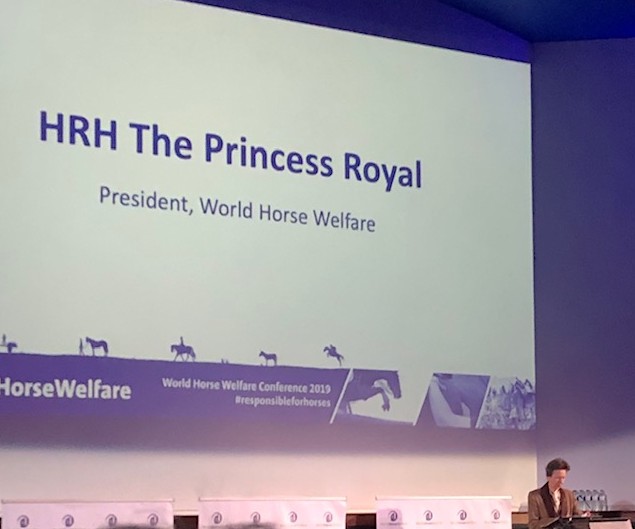
“Responsibility is not an academic subject. It comes inherently but it needs to be defined. There is so much knowledge out there but it doesn’t translate to power” she said. We must understand and respect the importance of horses to individuals and societies not just the 100 million working horses around the world but also those in first world countries, Princess Anne advocated.
Finally, she reinforced the importance of seeing our horses as partners and understanding their needs. “Animals can adapt, as seen with those working for the Riding for the Disabled Association and we should not underestimate horses ability to make decisions. We need to listen to what they are telling us and be prepared to be their partners. It is our responsibility to ensure it is a good partnership and that we learn not just their physical needs but also their emotional needs.”
Written by Horse Scout’s Ellie Kelly who was in attendance at the World Horse Welfare Annual Conference 2019.

